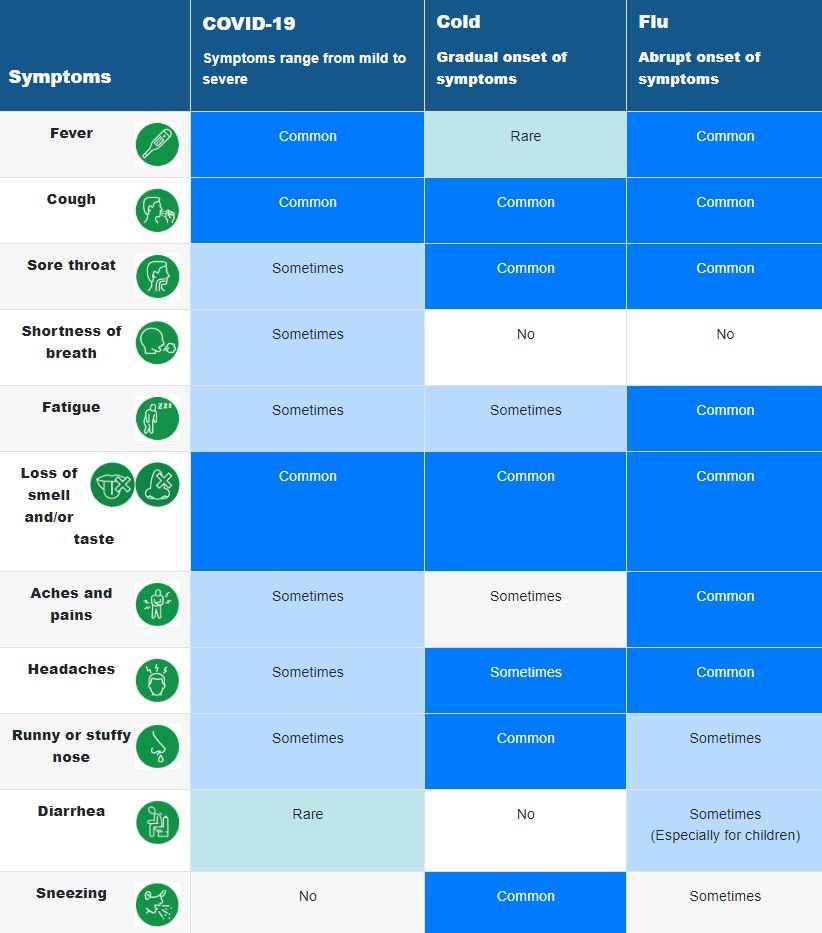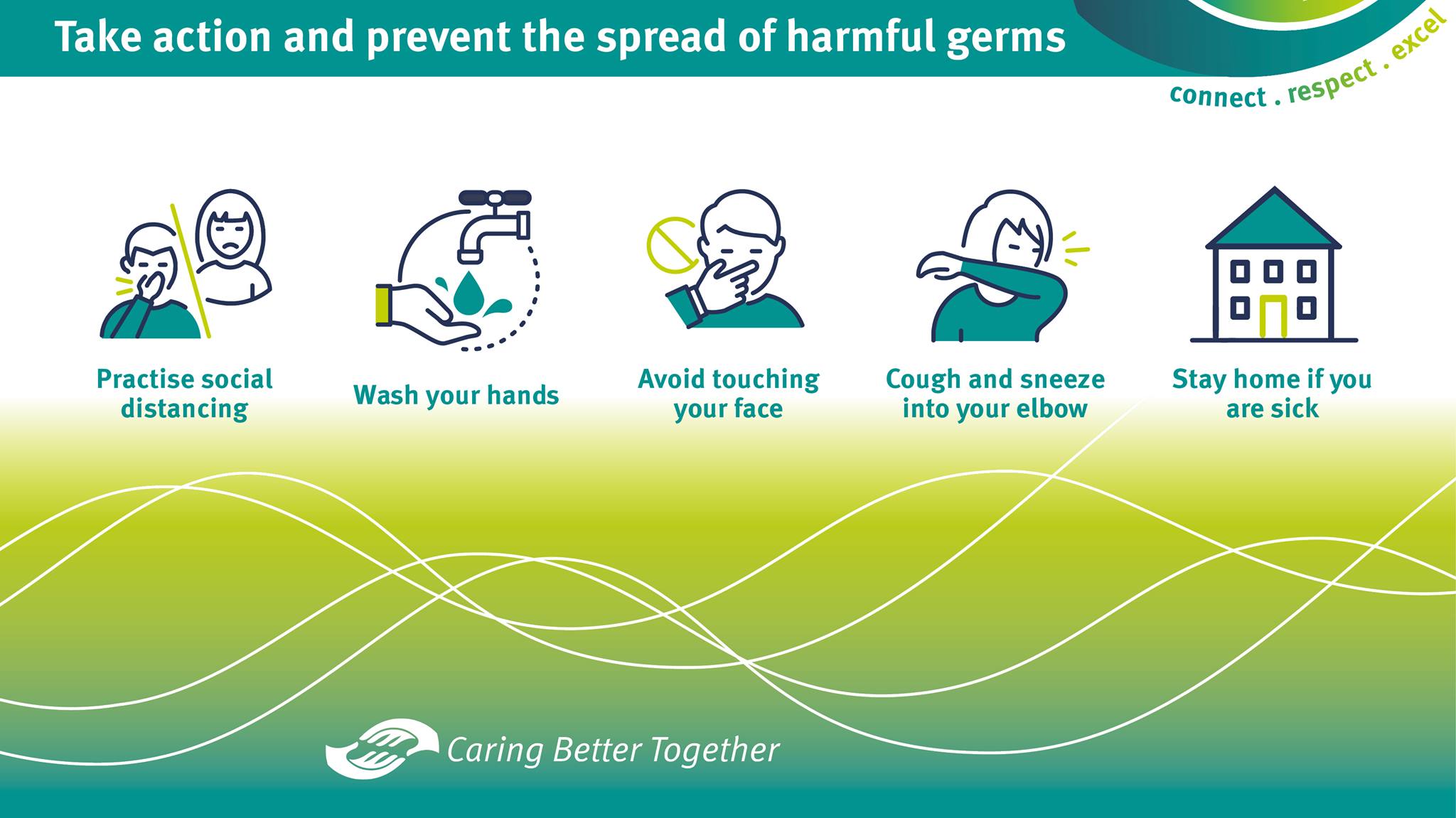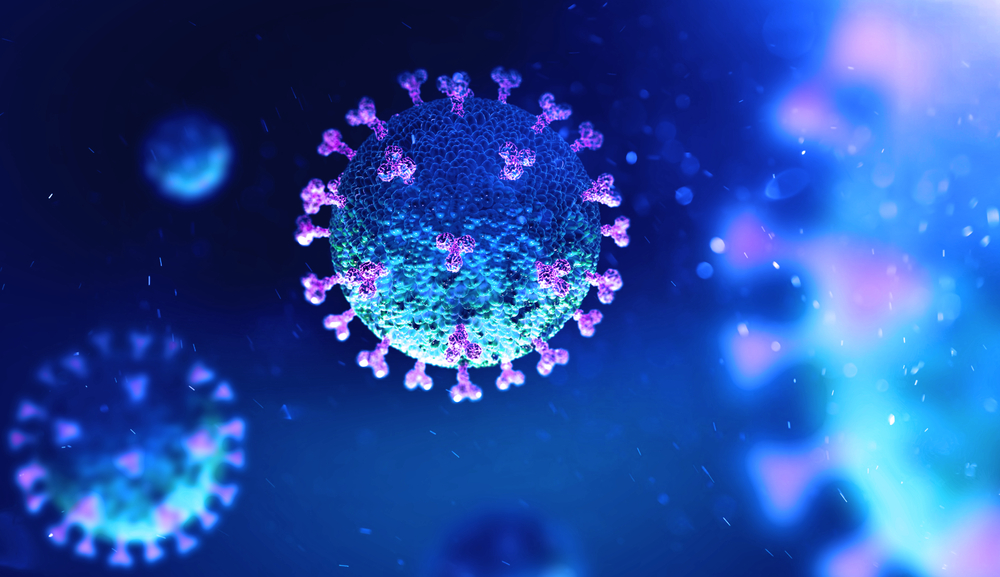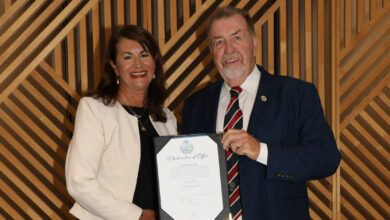As the coronavirus COVID-19 was declared a pandemic six months ago, information and advice has been updated as the situation changed and more is learnt about COVID-19.
The community has listened to health advice and adapted well to restrictions.
But as the virus is a part of daily life now, it is important to stay up to date with the latest information from Queensland Health.
Queensland Health released a Public Health Alert last week around testing for COVID-19.
It states anyone with any of the following COVID-19 symptoms, no matter how mild should be tested:
- fever or history of fever
- sore throat, rhinorrhoea
- cough, shortness of breath
- acute fatigue/myalgia/arthralgia
- loss of smell, loss of taste
Find an Ipswich Fever Clinic here.
Below are five questions answered by Queensland Health with the latest advice about COVID-19.
What are the symptoms of COVID-19?
The common symptoms of COVID-19 include a fever (a temperature higher than 37.5 degrees), a cough, sore throat, runny nose, fatigue, shortness of breath, loss of taste and loss of smell.
Everyone who gets COVID-19 will experience it a little differently.
People who have extreme symptoms or side effects from the virus may take weeks or months to recover fully, while people with a mild illness may feel completely better within a week or two.
If you have any COVID-19 symptoms, no matter how mild, call your doctor or 13HEALTH (13 43 25 84) and get tested.
Call emergency services on 000 if you are very sick.

Who is most at risk of getting COVID-19?
Some people are more likely to get really sick with COVID-19.
As restrictions continue to ease in Queensland, people still need to take extra steps to protect themselves and those most at risk.
Those at greatest risk are:
- Aboriginal and Torres Strait Islander peoples and people in remote communities
- Older people
- People with chronic conditions
- People in aged care facilities
- People with disability
Globally the highest rate of fatalities from COVID-19 is among older people, particularly those with other serious health conditions becoming very unwell or a weakened immune system.
What can I do to protect myself from getting COVID-19?
Even if you are feeling well it is important to take steps to prevent the spread of this virus.
Good hygiene and social distancing are the best actions for you to take in avoiding COVID-19.
- To reduce your risk, it is important to follow these prevention measures.
- Stay home if you are sick
- If you have any COVID-19 symptoms, no matter how mild, get tested
- Stay 1.5 metres away from other people – two big steps
- Wash your hands lots with soap and water or hand sanitiser
- Sneeze of cough into your arm or a tissue. Then put the tissue in the bin.
It is important that you get the 2020 flu vaccination.
Do I need to wear a mask?
You don’t need to wear a face mask unless your doctor has told you to or you are caring for someone who might have COVID-19.
If you have been told to wear a face mask, avoid touching it while you’re wearing it. If you do, wash your hands.
Do not reuse single-use masks. Immediately replace the mask if you have coughed or sneezed into it.
When disposing of a mask, put it in a sealable bag to ensure the used mask won’t be touched by others. Then put the sealed bag in the bin.
Always clean your hands immediately after removing your mask and putting it in the bin.
Is it safe to use public transport?
Try to plan ahead to avoid peak hours. Use cashless payment methods like a go card and minimise contact with surfaces like handles and doors.
Keep distance between yourself and other passengers by:
- standing away from others while at a stop or platform
- leaving space between you and the person in front as you enter the vehicle
- sitting away from other people
- waiting for a later service
- always following staff advice.
For the most up to date information see the Queensland Health website.
Read also:
>>> COVID-19 clusters in southern states reminder for vigilance



